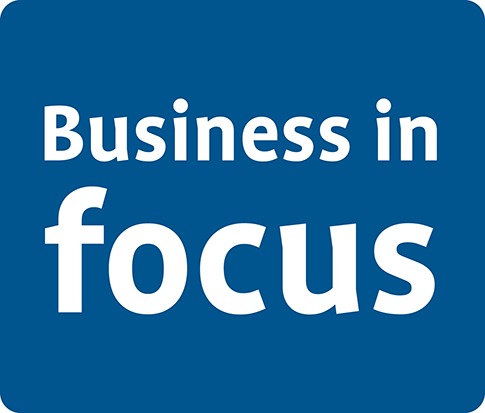
GUEST COLUMN:
Phil Jones
Chief Executive
Business in Focus

The Autumn Budget rarely passes without controversy, and the announcements made this time around are no exception. As ever, the headline reactions gravitate towards political choice, priorities, and, some would argue, whether election promises have been kept. But for Welsh SMEs, the real question is simpler and more urgent: does any of this actually help?
There are positives worth recognising. The creation of two new AI Growth Zones stands out as a clear commitment to future-proofing the economy. The prospect of 8,000 new jobs, coupled with opportunities for innovation-led growth, partnerships, and supply chain expansion, is welcome news for Wales.
Add to this the investment in apprenticeships, the green light for Wylfa’s small modular reactors, and progress on Port Talbot’s steel conversion, and a picture emerges of long-term industrial renewal. These are the kind of strategic moves that can reshape a region’s economic trajectory.
For sectors aligned to these priorities – tech, advanced manufacturing, energy – this Budget could indeed mark a turning point.
However, for the majority of Welsh SMEs, particularly those in retail, hospitality and leisure, the Budget presents far more complexity.
The planned increase to the National Living Wage to £12.71/hour in April 2026 will be warmly welcomed by younger and lower-paid workers. But for the businesses employing them, already battling spiralling costs, shifting consumer habits and workforce shortages, this is a serious challenge. Hospitality closures alone are averaging 11 per day across the UK. For many, this rise could become the tipping point.
Owner-managers also face a tightening squeeze with:
- Dividend tax increases
- Income tax thresholds frozen until 2031
- New limits on pension salary sacrifice
- And a reminder that the Employer NI rise only landed last year
The combined effect is simple: rising costs, thinner margins, and less room for investment or growth.
One of the most persistent frustrations raised by businesses across Wales is the discrepancy in business rates relief. English firms in retail, hospitality and leisure have received permanent rate reductions; Welsh businesses have not.
I hear this at every business event I attend: “Why are we at a disadvantage to firms just across the border?”
It’s a fair question. And now that Wales has received a £505 million funding boost, the issue becomes even more pressing. Will this, or a future Welsh Government, use some of that funding to correct long-standing inequities and strengthen our high streets? Or will we once again see ambition overshadowed by political inertia?
For sectors aligned with the UK Government’s industrial priorities, the Budget may indeed catalyse growth. But for the SMEs forming the backbone of the Welsh economy, higher operating costs and increased tax burdens may overshadow the benefits.
Wales’ economic resilience, and the strength of our communities, depends on a thriving SME sector. If this Budget is to deliver meaningful growth, Welsh Government must seize this moment to provide targeted, practical support.
For our part, at Business in Focus, the mission remains unchanged. For years, we have worked to unlock entrepreneurial potential and enrich lives through business support, incubation, finance, workspace and mentoring.
And as Welsh businesses navigate this mix of opportunity and uncertainty, our role is as essential as ever.
In the coming months, we will be listening closely to the entrepreneurs, startups and SMEs across our programmes. Are they seeing new opportunities? Or feeling the ground shift beneath them? Are they preparing to grow, or simply fighting to survive?
Whatever the answer, one thing is certain: Business in Focus will be there to support them. That’s not just our commitment; it’s our founding purpose.











